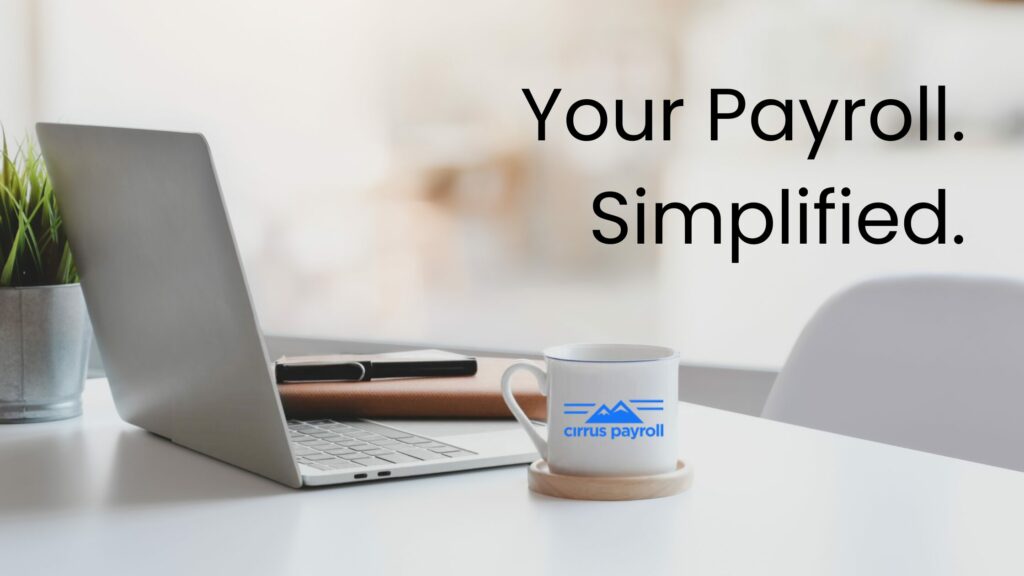6 Tax Write-Offs for Business Owners

Tax season can be stressful for business owners, but understanding and leveraging tax write-offs can significantly lighten the financial burden. By identifying eligible expenses, you can maximize your deductions and keep more money in your pocket.
In this blog, we’ll explore 6 tax write-offs tailored to small businesses, helping you navigate the confusing world of taxes with confidence.
1. Home Office Deduction
If you operate your business from a dedicated space in your home, you may qualify for the home office deduction. Calculate the square footage of your home office relative to your total home size to determine the percentage of eligible expenses, including rent, utilities, and insurance.
2. Business Equipment and Supplies
Expenses related to purchasing, leasing, or repairing business equipment and supplies are often deductible. This includes computers, office furniture, software, and even office supplies like paper and ink cartridges. Keep detailed records of these purchases to claim them accurately.
3. Vehicle Expenses
If you use a vehicle for business purposes, you can deduct expenses such as gas, maintenance, insurance, and even depreciation or lease payments. Keep track of both business and personal mileage to determine the percentage of eligible deductions.
4. Travel and Meals
Expenses incurred during business travel, including transportation, lodging, and meals, are generally deductible. Additionally, meals purchased while entertaining clients or conducting business meetings may qualify for partial deduction. Be sure to keep receipts and document the business purpose of each expense.
5. Professional Services
Fees paid to professionals such as accountants, lawyers, consultants, and contractors are typically deductible business expenses. These services are essential for maintaining and growing your business, making them valuable deductions come tax time.
6. Health Insurance Premiums
Small business owners who pay for their own health insurance may be eligible to deduct these premiums as a business expense. This deduction can also extend to premiums paid for employees, spouses, and dependents, providing valuable tax savings.
Conclusion:
Understanding tax write-offs for small businesses is essential for minimizing tax liability and maximizing savings. By leveraging eligible deductions such as the home office deduction, business expenses, and professional services, you can keep more money in your business’s coffers.
Remember to stay informed, keep thorough records, and consult with a tax professional to ensure compliance with IRS regulations and optimize your tax strategy.
Ready to learn more about how Cirrus Payroll can help you succeed? Get a free quote today!
FAQ:
Can I deduct expenses incurred before officially starting my business?
Unfortunately, expenses incurred before officially starting your business are generally not deductible. However, you can often capitalize and amortize certain startup costs over time once your business is operational.
Are there any limitations on the amount of deductions I can claim?
Yes, certain deductions may be subject to limitations based on factors such as income level, business structure, and specific IRS regulations. Consulting with a tax professional can help you navigate these complexities and maximize your eligible deductions.
What documentation do I need to support my tax write-offs?
Maintaining accurate records and documentation is crucial when claiming tax write-offs. Keep receipts, invoices, mileage logs, and any other relevant documents to substantiate your deductions in case of an audit.

